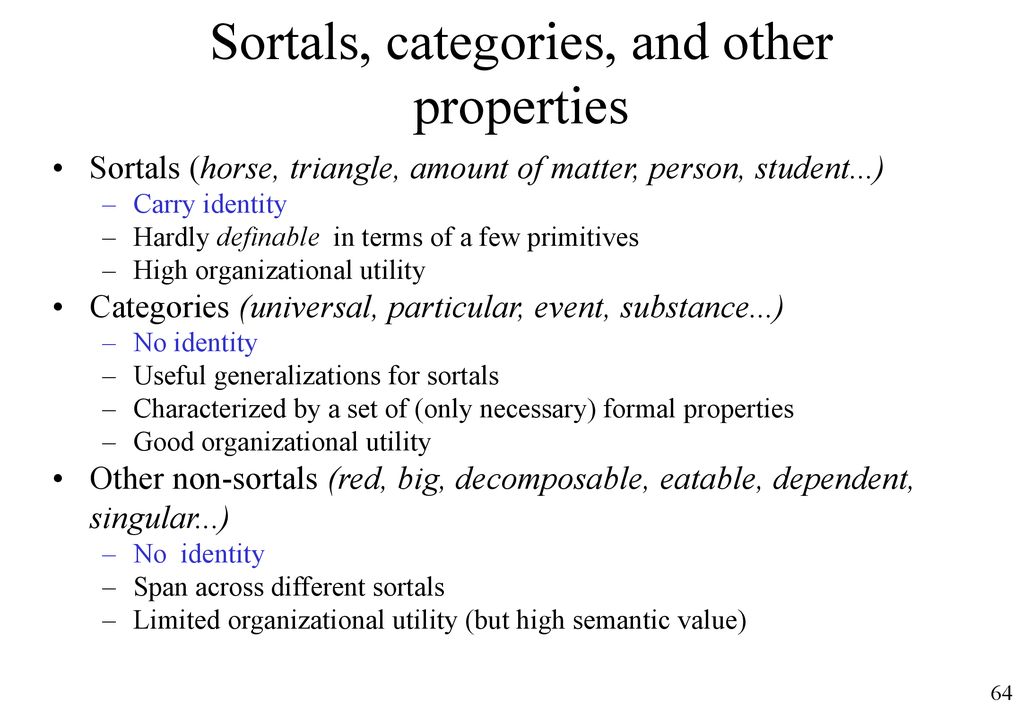 Jeff Mason writes a pretty good blog post for Talking Philosophy on the practical implications of metaphysics. There are not a few academics (and others) who aggressively are attempting to push philosophy under the hard sciences or trying to get rid of it altogether (the recently claims by Steven Hawking is just one, more prominent instances. Here’s another, and another.). Mason focuses on belief in God as one example where metaphysics has practical implications. But his article is interesting in that he doesn’t really argue for the practicality of a metaphysical entity (in this case, God) but of the practicality of belief in a metaphysical entity like God.
Jeff Mason writes a pretty good blog post for Talking Philosophy on the practical implications of metaphysics. There are not a few academics (and others) who aggressively are attempting to push philosophy under the hard sciences or trying to get rid of it altogether (the recently claims by Steven Hawking is just one, more prominent instances. Here’s another, and another.). Mason focuses on belief in God as one example where metaphysics has practical implications. But his article is interesting in that he doesn’t really argue for the practicality of a metaphysical entity (in this case, God) but of the practicality of belief in a metaphysical entity like God.
The idea is that believing in God may have certain psychological advantages for the believer even if God as a metaphysical being doesn’t exist. As such, discussions about God’s existence and the like are important and practical, he argues, because of the impact belief can have on behavior. He writes,
“The case of God is perhaps the most urgent issue in practical metaphysics, for the simple reason that religious beliefs have the widest ranging practical implications. Such beliefs involve many aspects of life, including emotional responses and moral judgments….There is a kind of psychic economy here. I give up my burdens to God, and God buoys me up. This is a widely reported experience. There are many things that are out of an individual’s control. Misfortune is always a possibility, no matter how well you manage what is within your power. It is a real comfort to think that there is a benign power loving and caring for each of us.”
I’m confident that he’s right about this and oddly even some atheists tend to agree. But there is a difference between saying belief in God is psychologically advantageous and saying that God as real, existent, metaphysical entity impacts the lives of human beings in a practical way. It’s not clear to me whether Mason is making this distinction. If he isn’t, I don’t think he’s really dealing with metaphysics but is focusing more on epistemology. If we move the discussion to physics, this point becomes clear. The belief that I have just eaten something may give me some kind of psychological comfort of some sort (let’s suppose I’m starving and need to find a way to endure until I’m able to be nourished) but we can’t really say we’re discussing physics at this point. Only real food will provide the practical, physical outcome I need. And this is a pretty hard-and-fast rule.
Such a distinction doesn’t appear to exist when it comes to the case of God’s existence. Many—and perhaps Mason is included here—seem to hold that when you talk about belief in God’s activities, you’re talking about God’s activities. Yet even the most ardent believers I know still see a doctor and take medication when they’re sick, go to work each day to provide for their families, seek comfort from friends and family when they’re in distress, lock their doors at night, attend school to learn about the world and so on. Many claim that God provides (in a real, physical sense) for all these needs and desires. But, to me, this claim seems like little more than a statement about what they believe rather than a claim about the activities of a real, metaphysical being whose actions have a practical impact on their lives. So (at least in this case) it seems odd to say that those who make such claims are talking about practical metaphysics. Epistemology seems like the more appropriate label.
I suppose it could be argued that all the real work God does has to do with the psyche (I think something like this is behind an argument by Paul Moser in which he claims that without a real relationship with God, it would be impossible to truly act selflessly—see here). If this were the argument then it would be somehow misguided to think that God would do any work that doesn’t involve belief (like heal the sick or, as Woody Allen requested, deposit a large sum of money in your bank account). But it’s not clear that’s what Mason is arguing.
Read Mason’s article here.
I wrote an article which explored ideas similar to Mason’s here.







